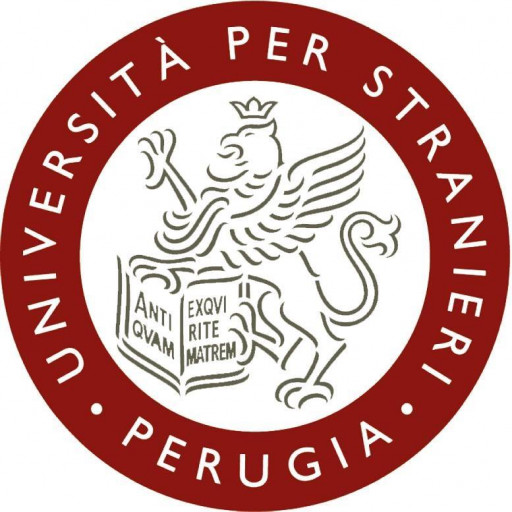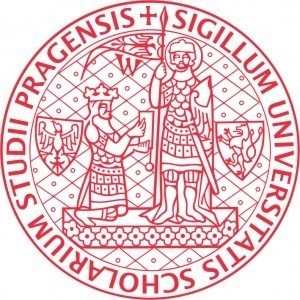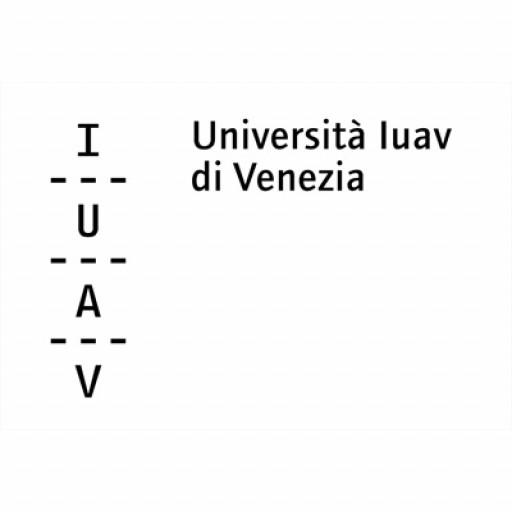Photos of university / #unibergen
The Bachelor's degree program in Digital Culture at the University of Bergen offers an in-depth exploration of the ways digital technologies shape contemporary society, culture, and communication. This interdisciplinary program combines insights from media studies, cultural studies, technology, and the humanities to provide students with a comprehensive understanding of digital phenomena and their implications. Throughout the program, students will examine topics such as digital media production, online communities, social media dynamics, digital storytelling, and the cultural effects of technological change. The curriculum emphasizes both theoretical frameworks and practical skills, enabling students to critically analyze digital content and create their own digital projects. Courses include studies of digital media history, digital aesthetics, user interaction design, and the sociocultural impacts of the internet. Students will have opportunities to engage in hands-on activities like media production, coding, and digital analysis, preparing them for careers in media, communications, technology development, or further academic research. The program fosters critical thinking about how digital environments influence identity, culture, politics, and the economy. With a strong focus on interdisciplinarity, the degree encourages students to consider diverse perspectives and develop innovative approaches to understanding digital culture. Additionally, students will benefit from the university’s vibrant campus community and collaborative learning environment, supported by expert faculty actively engaged in research and industry projects. Graduates of the Digital Culture program will be equipped with both theoretical knowledge and practical skills necessary to navigate and shape the digital landscape, making them highly competitive in various fields related to media, technology, and cultural analysis. This program is ideal for individuals passionate about the intersection of technology and society, aiming to explore how digital environments continue to transform human experiences across the globe.
The Bachelor's programme in Digital Culture at the University of Bergen offers a comprehensive exploration of the ways digital technology intersects with culture, society, and communication. Throughout this programme, students will investigate how digital media shape contemporary societal structures, influence artistic expression, and transform everyday life. The curriculum combines theoretical perspectives with practical skills, encouraging learners to critically analyze digital phenomena while developing hands-on competence in digital tools and media production. Core courses cover topics such as digital media history, internet culture, digital storytelling, gaming and virtual worlds, social media, and digital ethics. Students also have opportunities to engage with emerging trends like augmented reality, artificial intelligence, and data visualization, preparing them for diverse careers in media, communication, technology, and cultural management. The programme emphasizes active learning, research projects, and collaborative work, fostering innovative thinking and problem-solving skills. In addition, students are encouraged to undertake internships or project collaborations with media organizations, cultural institutions, or technology companies, gaining valuable industry experience. The interdisciplinary approach ensures a broad understanding of how digital culture influences politics, identity, economy, and everyday social interaction. Graduates of the programme will be equipped with a critical awareness of digital developments and the ability to analyze and create digital content responsibly. The programme's combination of theory and practice aims to prepare students for further studies at master's level or for professional work in digital media, cultural analysis, communication, and related fields. By engaging with contemporary issues and innovative technologies, students will be well-positioned to contribute thoughtfully and creatively to the evolving digital landscape.
The Bachelor's degree in Digital Culture at the University of Bergen requires students to complete a comprehensive curriculum designed to provide a broad understanding of digital media, culture, and society. The program typically includes core courses in digital media theories, cultural studies, and technology fundamentals. Students are expected to engage with topics such as digital communication, online communities, media production, and cultural analysis of digital phenomena. Practical skills development is an essential part of the degree, with opportunities to participate in projects, workshops, and internships that foster hands-on experience. The program also emphasizes critical thinking and research skills, with courses in research methods and academic writing tailored to digital culture topics. Elective courses allow students to specialize in areas like digital design, game studies, or digital ethnography, enabling a personalized academic pathway. To successfully complete the Bachelor's degree, students must earn a specified number of credits, typically around 180 ECTS, including completing a Bachelor's thesis that demonstrates their ability to independently investigate digital cultural issues. Assessment methods include written exams, coursework, presentations, and project work, all designed to evaluate students' theoretical knowledge and practical abilities. Throughout the program, students are encouraged to participate in discussions on current digital trends and develop a critical awareness of the societal implications of digital technologies. The degree culminates in a comprehensive understanding of how digital culture impacts contemporary society, preparing graduates for further study or careers in digital media, cultural analysis, media production, or related fields. The curriculum is designed to be flexible, allowing students to choose elective courses aligned with their interests and career goals. Overall, the program aims to produce well-rounded graduates equipped with analytical skills, technical knowledge, and a deep understanding of digital culture's role in shaping modern society.
Financing for the Digital Culture program at the University of Bergen is primarily provided through a combination of governmental funding, student stipends, and scholarships. Norwegian students benefit from the country's robust public education funding system, which covers tuition fees for Norwegian and other EEA students, making higher education accessible without direct tuition costs. Students from outside the EEA may be required to pay tuition fees, which vary depending on their nationality and residency status.
Financial aid options are available for eligible students through the Norwegian State Educational Loans and Grants Scheme (Lånekassen), offering financial support that can cover living expenses, study materials, and travel costs. International students are encouraged to seek external funding sources, including scholarships from the University of Bergen or other organizations, to offset costs related to abroad studies or additional expenses. The university also provides guidance on applying for external grants and scholarships to support students throughout their studies.
Living expenses in Bergen, including accommodation, food, transportation, and study materials, should be carefully budgeted. The university recommends planning for an average living cost of approximately 11,000 to 13,000 NOK per month, depending on lifestyle and accommodation choices. Some students may be eligible for part-time work permits, allowing them to supplement their income during the semester, although this is subject to Norwegian immigration regulations.
Post-graduation, students may explore funding opportunities for further research or professional development through internships, research grants, or employment opportunities within the university or partner organizations. The university actively supports students in securing funding for individual projects or study exchanges abroad, which can enhance their academic experience and employability.
Overall, financing for the Digital Culture program is designed to be accessible to both Norwegian/EAA students and international students, with various options available to support the academic journey of its students. The university’s financial policies are aimed at fostering an inclusive learning environment, ensuring that economic barriers do not hinder talented students from pursuing their studies in digital culture.
The Bachelor’s degree programme in Digital Culture at the University of Bergen offers students an in-depth exploration of how digital technology influences culture, society, and human interaction. The programme combines disciplines such as media studies, cultural studies, information technology, and sociology to provide a multidisciplinary understanding of digital phenomena. Students will examine topics like digital communication, social media, digital arts, virtual communities, and the cultural impacts of new technologies. The curriculum emphasizes critical thinking, digital literacy, and analytical skills, preparing graduates to interpret and influence digital culture in various professional contexts. Throughout the programme, students engage in project work, group collaborations, and independent research, fostering both theoretical knowledge and practical skills. The programme also offers opportunities for internships, international exchange, and participation in cutting-edge research projects. Graduates of Digital Culture can pursue careers in media production, digital marketing, cultural management, IT development, or research institutions. The programme aims to equip students with the ability to critically analyze digital practices and develop innovative solutions for digital communication challenges. Upon completing the program, students will have a comprehensive understanding of the impact of digital technology on contemporary culture, enabling them to contribute meaningfully to digital innovation and cultural development. The University of Bergen’s strong emphasis on interdisciplinary learning and international perspectives enhances the educational experience. The programme typically spans three years for a bachelor’s degree, with options for continuing studies at the master’s level. The university provides state-of-the-art facilities, expert faculty, and a vibrant academic community dedicated to exploring the intersections of technology and culture.










